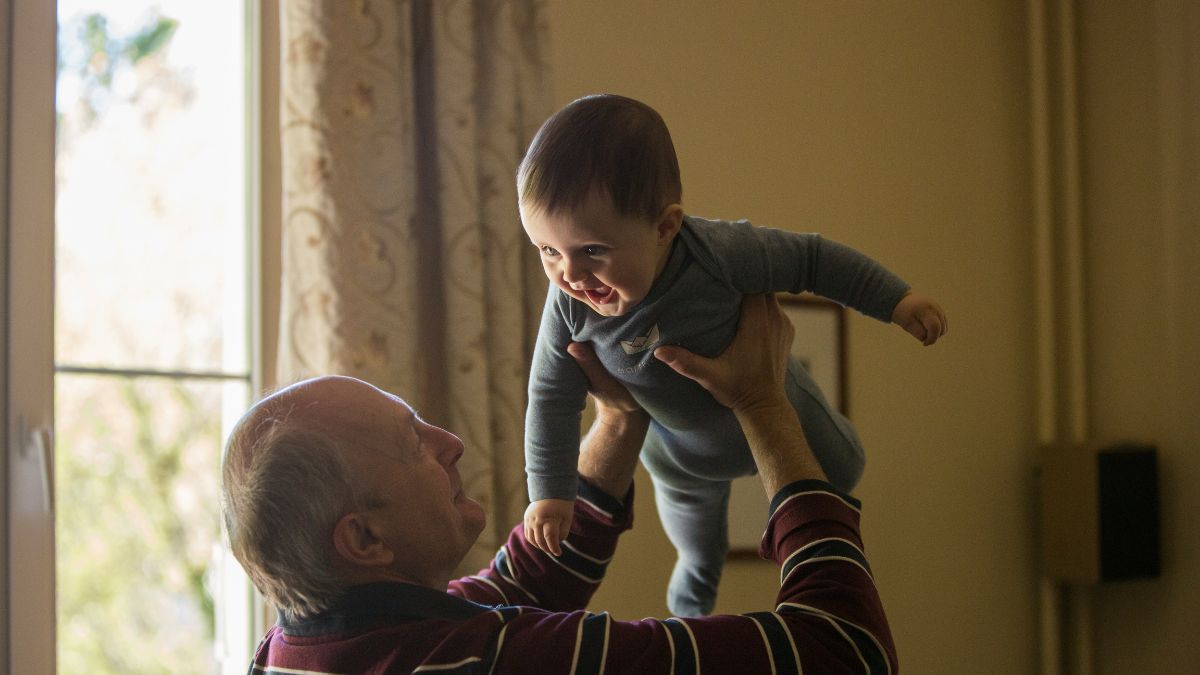

BreakPoint
Science Journalism with Genuine Balance
PBS is about to rebroadcast its eight-hour series, "Evolution." When the series first aired last year, I told you about some of its historical and scientific flaws. Now, however, I want to tell you about a new and excellent counterpoint programming that balances the PBS series. Those of you who watched the "Evolution" series last September know that the scientific case for intelligent design was missing. Oh sure, the last hour of the series talked about how some Christians think about evolution, but the approach taken was, sadly, all too familiar. Darwinian evolution is true, the series said, and if Christians are going to live in the modern world, they've got to reconcile their worldviews with scientific facts. But what about the scientific case for intelligent design, based on the evidence? Well, that case was conspicuously absent from the "Evolution" series -- mainly because, as the producers admitted, it wasn't part of the story they wanted to tell. But not wanting to tell the design story won't make it go away. Now a superb new documentary from Illustra Media, entitled "Unlocking the Mystery of Life," explains how biological evidence both challenges Darwinian evolution and strongly supports the alternative theory of intelligent design. Using interviews, location footage, and computer animations, "Unlocking the Mystery" lays out the main lines of evidence for the intelligent design of life. The program begins by focusing on Charles Darwin and his discovery of natural selection. Prior to Darwin, the amazing complexity of organisms was usually explained by some form of divine design. But Darwin changed the way that scientists look at organisms. He argued that an undirected, mindless process -- natural selection acting on randomly arising variation -- could, over time, mimic the action of an intelligence. Given time, eyes and limbs and brains would evolve, naturally, without any need for an intelligence to guide the process. Natural selection thus became a kind of "designer substitute." "Unlocking the Mystery" challenges this viewpoint. While natural selection is a real process, the documentary explains, it cannot do what Darwin thought it could. The most important features of organisms require leaps of complexity and inter- related function beyond what selection can do. Using interviews with scientists, like biochemist Michael Behe of Lehigh University and microbiologist Scott Minnich of the University of Idaho, "Unlocking the Mystery" documents how our discoveries in cell structure may now provide evidence that Darwinism simply cannot explain. The program goes on to consider the origin of life itself. Darwin himself never explored this question, but current scientific theories are intent on solving the problem of how inanimate matter became living creatures. Here, the focus turns to the origin-of- life researcher Dean Kenyon, who in mid-career abandoned his own naturalistic theories in favor of design. Finally, the "Unlocking the Mystery" documentary lays out the intelligent design alternative and describes its great scientific promise. This is a documentary that belongs on your local PBS station. You can help. Call your local station. Ask them to air it along with "Evolution." It's just basic intellectual fairness -- and smart programming to boot! For further information: "Unlocking the Mystery of Life," VHS, Illustra Media. You can learn about the PBS series, "Evolution," here. To call your local PBS station, find the phone number here. Read a critique of "Evolution" here. Mike Wendling, "British Scientists Square Off Over Evolution Teaching," CNS News, 17 May 2002. Learn more about intelligent design theory at the Discovery Institute's Website. The Intelligent Design and Evolution Awareness Center (IDEA) fosters conversation about intelligent design among students, educators, and other interested parties.
05/21/02















